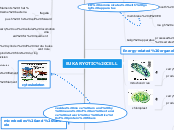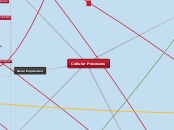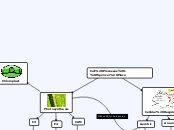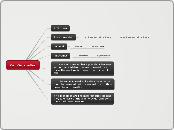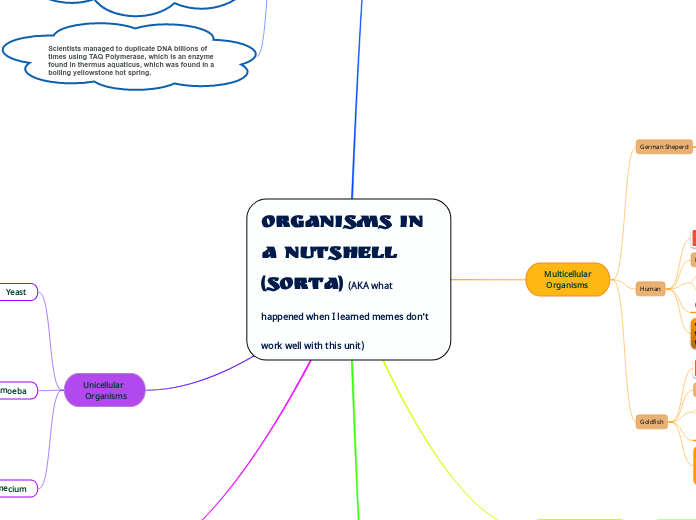a Puteri aisyah 6 éve
165
EUKARYOTIC CELL
In eukaryotic cells, various organelles and structures work together to maintain cellular function and organization. The endoplasmic reticulum (ER) collaborates with the Golgi apparatus to process and transport proteins and lipids.
